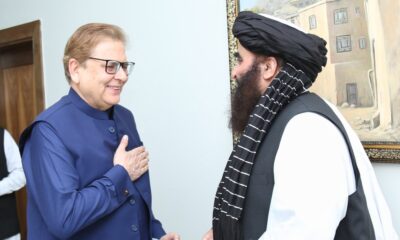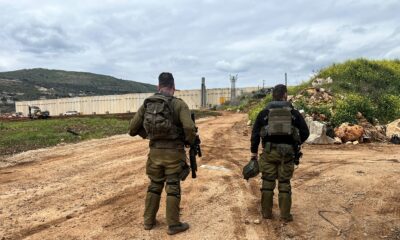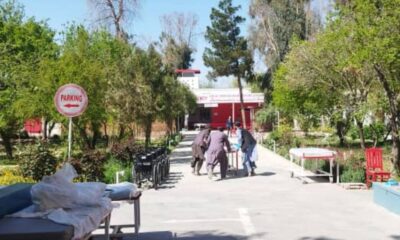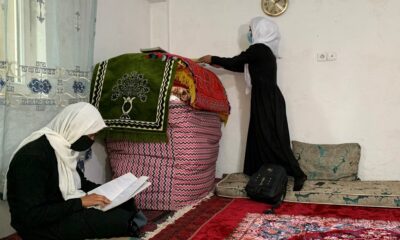Latest News
UN urgently needs cash in Afghanistan, but struggles for solution
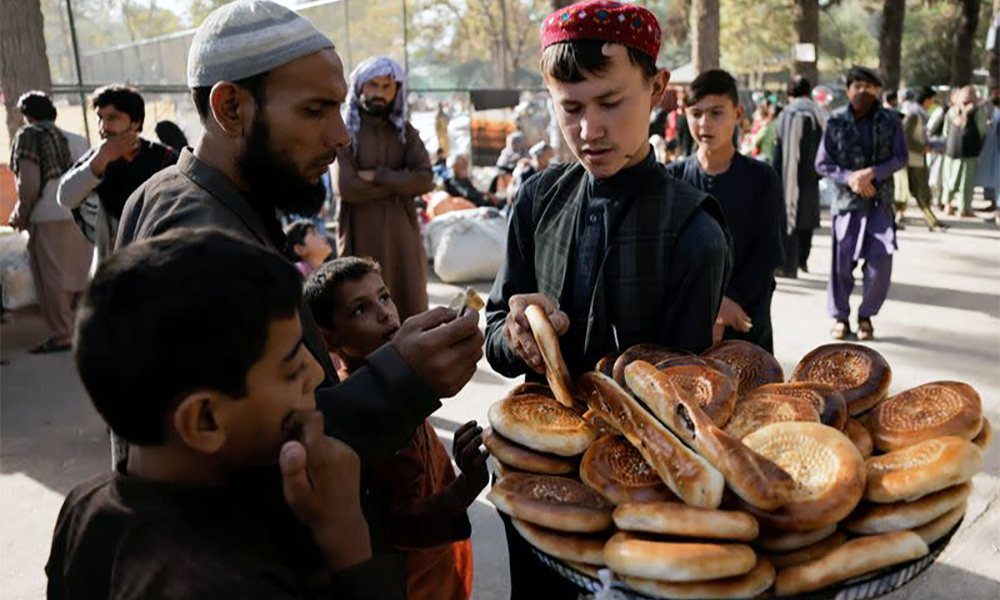
The United Nations cannot get enough cash into Afghanistan to deliver humanitarian aid to millions of people on the brink of starvation and is struggling to develop options to help stabilize the collapsing economy, U.N. officials said.
Ultimately political solutions are needed, a senior U.N. official told Reuters on condition of anonymity, an apparent reference to sanctions relief and for governments and institutions to free up billions of dollars of Afghan assets held overseas.
In the meantime U.N. agencies are scrambling to find ways to get large amounts of U.S. dollars into Afghanistan to combat a liquidity crisis that has taken hold since the Islamic Emirate of Afghanistan (IEA) ousted the Western-backed government in August.
The U.N. official shared with Reuters some of the options being suggested.
The delivery of U.S. dollars to Afghanistan has stopped since the IEA seized power and if countries or international financial institutions don’t step up then the United Nations might have to fill the gap, said the official.
One suggested option is using Afghanistan International Bank, which could bring in and store money, but there are issues with insurance, the U.N. official said.
The United Nations is also aware that no one option will work and several avenues to get enough cash into Afghanistan are needed, the official said.
U.N. Secretary-General Antonio Guterres has called for the International Monetary Fund to agree on waivers or mechanisms to get money into Afghanistan. The IMF has blocked the IEA from accessing some $440 million in new emergency reserves.
Much of the Afghan central bank’s $10 billion in overseas assets have been frozen as well, most of it in the United States. The U.S. Treasury has said there are no plans to release the money.
“We need to work together to make the economy breathe again and to help people survive,” Guterres said on Wednesday. “Injecting liquidity into the Afghan economy can be done without violating international laws or compromising principles.”
The United Nations has repeatedly warned that Afghanistan’s economy is on the brink of collapse and would likely further fuel a refugee crisis.
When asked about U.N. efforts to get cash into Afghanistan, Mary-Ellen McGroarty, head of the World Food Programme in Afghanistan, told reporters on Tuesday: “The U.N. collective is looking at what potential solutions we could have, but flying in money to the country is not on the table yet.”
“What we are using at the moment is the limited liquidity that is in the country,” she said. “But the longer this goes on … we’re finding it’s becoming more and more difficult.”
Some 8.7 million people are “one step away from starvation,” said McGroarty, adding: “There is a tsunami of destitution, incredible suffering and hunger spiraling out of control.”
The IEA is facing growing international pressure for an inclusive and representative Afghan government and to uphold human rights, particularly those of women and girls in return for international recognition and freeing up aid and reserves.
Donors and institutions are also seeking to avoid running afoul of U.N. and unilateral sanctions on the IEA.
The United Nations is appealing for countries “to provide humanitarian financial exemptions to allow funds to reach aid organizations in the country,” said U.N. spokesman Stephane Dujarric, without naming names.
U.N. agencies and aid groups are currently using informal money-moving networks – known as hawalas – and small amounts of cash in banks to pay staff salaries and for other smaller scale purchases, Dujarric told Reuters.
“These modalities are not sufficient for the large scale operations requiring cash payments or cash assistance in-country, however,” said Dujarric, adding that the United Nations was talking to international financial institutions to find a solution that would expand aid operations.
A key part of U.N. plans to inject money into Afghanistan is by providing cash directly to poor Afghan families.
Latest News
Muttaqi to Pakistani envoy: Trade and transit obstacles benefit no one
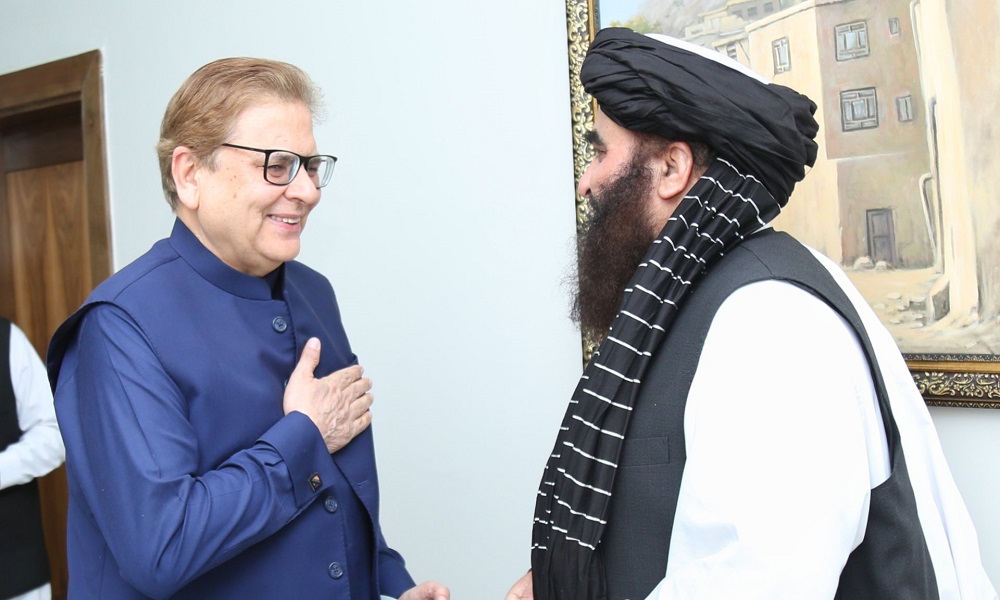
Acting Foreign Minister Amir Khan Muttaqi and Pakistan’s Special Representative for Afghanistan Mohammad Sadiq met on Saturday and discussed bilateral relations, political and economic cooperation, security and transit, said Zia Ahmad Takal, head of public relations at Foreign Ministry in a statement.
In this meeting, Muttaqi emphasized that obstacles to trade and transit are not in anyone’s interest and that certain issues should not be linked together.
He added that the process of Afghan refugees returning from Pakistan should be carried out gradually and with dignity.
According to the statement, Pakistan’s special representative also acknowledged that ensuring security in Afghanistan benefits both Pakistan and the region.
He committed to introducing measures to facilitate the visa issuance process for Afghan citizens.
Mohammad Sadiq also stated that practical steps will be taken to resolve existing trade and transit challenges.
Latest News
IEA announces resumption of consular services in Norway

The Afghan embassy in Oslo will resume consular services on coming Monday, the Ministry of Foreign Affairs in Kabul announced Saturday.
The ministry said in a statement that the resumption of consular services in Norway was a “positive step.”
In August last year, the Ministry of Foreign Affairs in Kabul declared the consular services of Afghan missions in 14 Western countries including Norway to be invalid.
The statement cited corruption, lack of transparency and non-coordination with the ministry as reasons for the closure.
Latest News
Eighteen injured after dispute between two brothers in Helmand

Eighteen people were injured following a dispute between two brothers in Afghanistan’s southern Helmand province on Friday, local officials said.
The incident occurred in the Old Bazaar area of Gereshk district and the people were injured when the son of one of the two brothers threw a hand grenade, the provincial department of information and culture said.
Two of the injured people are said to be in critical condition.
Officials did not say what caused the dispute.
One person has been arrested in connection with the incident.
-

 World3 days ago
World3 days agoPutin agrees to 30-day halt on energy facility strikes in Ukraine
-

 Sport4 days ago
Sport4 days agoIPL 2025 celebrates 18 years of immense success
-
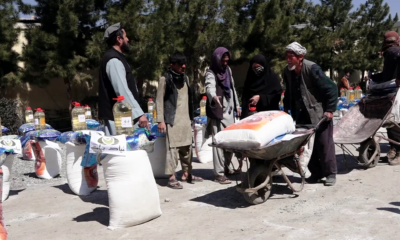
 Latest News4 days ago
Latest News4 days agoBayat Foundation helps needy families in Kabul during Ramadan
-

 Latest News3 days ago
Latest News3 days agoTorkham crossing to reopen after 25-day shutdown
-
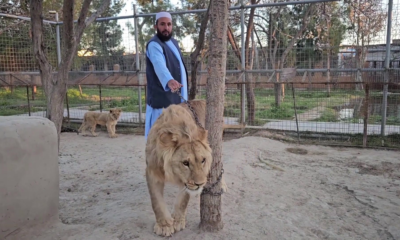
 Latest News3 days ago
Latest News3 days agoHelmand environmental department opens new Zoo
-

 Latest News4 days ago
Latest News4 days agoAfghan-Pakistan talks to reopen Torkham border ‘end on positive note’
-
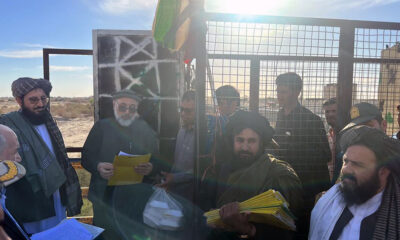
 Latest News2 days ago
Latest News2 days agoAfghan prisoners in Iran sent home
-

 Tahawol5 days ago
Tahawol5 days agoTahawol: Discussion on India, Pakistan trading accusations


